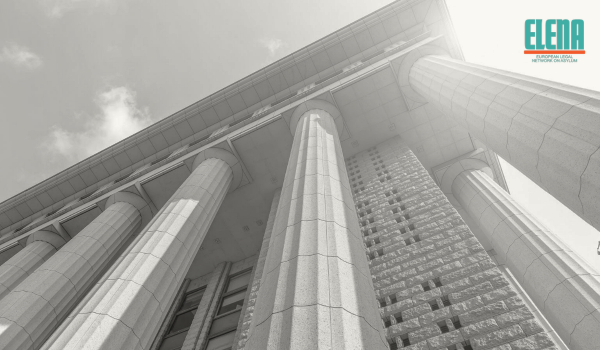The Athens Bar Association recently published its interpretation of the Greek Code of lawyers on legal aid provision to newly arrived third-country nationals (TCN) who seek asylum. The Association reiterates that, according to the Code, lawyers are public officials and collaborators of the judiciary who defend fundamental rights, comply with the rules of ethics and maintain confidentiality for the benefit of their clients. The Association states that lawyers may provide legal assistance to irregularly arriving TCNs to initiate asylum applications. The possibility to apply for asylum cannot be exercised if TCNs do not have the necessary legal assistance during which they can communicate freely and appoint the lawyer as their representative.
The Association highlights that migrants often request lawyers not to disclose their location to the authorities as they fear being returned to their countries. In such cases, insofar as they have assumed the responsibility to provide legal assistance, lawyers are bound by their duty of confidentiality even if they have not yet met the TCN in person. In such cases, they cannot be considered as assisting in the unlawful entry of TCNs as lawyers retain the freedom to handle cases without being identified with their clients and their files and may not be subjected to instructions incompatible with the nature of their work.
The Association notes that this interpretation is supported by Principles 17, 18 and 20 of the UN Basic Principles on the Role of the Lawyer and CJEU jurisprudence. Regarding the latter, the Association highlights case C-821/19 where the Court found that a person who merely assists a TCN in submitting an application for asylum before the competent national authorities cannot be compared to a person who assists in illegal entry, an interpretation that is also supported by Article 6 of the Framework Decision 2002/946/JHA. In the light of the above, the Association argues that provisions of the Code relating to the professional confidentiality of lawyers are more specific and prevail over the provisions of the Immigration Code establishing offences on the facilitation of entry and stay of TCNs. The Association also argues that interpreters cannot be considered to assist in the unlawful entry as otherwise the provision of legal assistance would be null and void. The Association further states that, according to the Code and ECtHR jurisprudence, it is not permitted to search physical or electronic records or telephone conversations between lawyers and TCNs which are necessary for the lawyer to perform their mandate and duties.
Based on an unofficial translation from within the EWLU-team

